
by Gideon Marcus
Eulogy for One

I opened this month's Fantasy & Science Fiction to the sad news that author Richard McKenna had passed away. He was quite an excellent author, one who (like me) started writing fiction late in life. That he was only to devote eight years to a career he'd hoped to last for sixty is a tragedy for all concerned. Here's his obituary in full.

It is perhaps the fittest balm that the February 1965 issue of F&SF is the first really good one in a long time. New editor Joe Ferman may have finally exhausted the dreck his predecessor, Avram Davidson, had assembled. Aside from the improvement in quality and the inclusion of an honest-to-goodness science fiction story, I note there is only one piece in what I'd call the "joke" category, and there are four entries by women. F&SF has traditionally published the most women per capita, but under Davidson's reign, that distinction had been surrendered.
So let's welcome back this return to form (long may it last). Come take look:
The Issue at Hand

by Jack Gaughan
Marque and Reprisal, by Poul Anderson
Perhaps a hundred years from now, Earth's World Federation, beginning to settle the stars, runs into the humanoid Aleriona in the disputed Phoenix sector. A misunderstanding ensues, and after Alerion ships slaughter the human population of New Europe with nuclear missiles, they occupy the planet.
Accidents happen. Surely the decimation of half a million people is not worth risking interstellar war over, especially on the eve of establishing formal trade relations between Earth and Alerion. Except, as we learn early on, most of those 500,000 colonists aren't dead. They are holed up in New Europe's mountains, hoping for a rescue effort that the Federation is unwilling to mount. Thus, the information is suppressed, its purveyors ostracized.
This all sits poorly with Gunnar Heim, a former space cruiser captain. If not the Federation as a whole, surely at least one nation will stand up for New Europe. And indeed, France would do so — if it had its own navy, which it does not in this future enlightened time.
But the Federation was never a signatory to the 1856 Declaration of Paris, which outlawed Letters of Marque…
This story takes a little while to get going, and it has a little bit too much of the protagonist talking to himself, which is one of Poul Anderson's idiosyncrasies. It also lacks a single woman character. On the other hand, it has many things going for it. It is a space story, something the magazine has been sorely lacking for a long time. It is an interesting story (ditto). And it derails itself halfway through with a completely unexpected plot twist; I always appreciate it when an author can pull this off.
I'm giving it four stars even though it ends on a cliffhanger. If there isn't a sequel, I'll eat my hat.
The Sin of Edna Schuster, by Willard Marsh
Mrs. Schuster engages in a tryst with a passionate, mysterious man named Raoul, an expatriate from some Latin country. It becomes quite clear at the end that he is not quite of this world.
I am going to refrain from rating this one. It's quite well written, but I fail to recognize the fable/myth it references at the end, so I cannot tell how effective it is at what it's trying to do.
Please enlighten me?
Mrs. Pribley's Underdog, by Sue Sanford
Aging widow Pribley discovers and becomes quite fond of an alien she finds on her lawn, one best described as a looking like an organic vacuum cleaner. But if this is the extraterrestrial her scientist brother has been in mental communication with, why is it that it is suddenly incapable of anything more than the most rudimentary thoughts?
It's cute, the "joke" story I mentioned. Three stars.
Time and the Sphinx, by Leah Bodine Drake
Here's a lovely piece about Time as personified aspect, and the Egyptian goddess-in-stone he comes to loathe. Can he defeat her with his withering powers? And will he be pleased with the outcome?
Four stars.
Harmony in Heaven, by Isaac Asimov
In which the Good Doctor discovers Kepler's Third Law and proceeds to draw up a number of tables. It's exciting as it sounds (although, to be fair, Dr. A. is never bad).
Three stars.
The Switch, by Calvin Demmon
The Professor has been dead for a century, but his soul lives on in a box as gray as he was when he passed. Every few months, he is switched on by some 21st Century student who wants first-hand knowledge of life in the 20th.
Is this immortality? Or a kind of hell? Either way, I found it poignant. Four stars.
Look Up, by Karen Anderson
The subject of this poem is the Tomorrowland that is space. The quality is not up to Karen's usual snuff. Two stars.
The Absolutely Perfect Murder, by Miriam Allen deFord
How best to eliminate a pesky spouse? Kill their father before the spouse can be born, of course! But, as is always the case with stories, there's an unforeseen wrinkle.
Nothing new with this piece, but neither is there anything offensive. A low three stars.
The Placebo Effect, by Theodore L. Thomas
Our science springboardist suggests that the Placebo Effect, which is real, could be developed into a perfect cure, if only we could find the perfect placebo for every malady.
You'll quickly spot the logical fallacy, but as satire, it's kind of fun.
Three stars.
The Deadeye Dick Syndrome, by Robert M. Green, Jr.
Against the admonitions of a crackpot occultist, Tom Fish heads out to the desert. And in the pre-dawn dark, he comes face to face with the "vast black thing, poised like a crow over the moon." Suffused with a thrilling energy, he returns to his town only to find he is now utterly despised by all — liked Deadeye Dick from H.M.S. Pinafore. Only the fruitcake can save Fish from an imminent lynching.
It starts excitingly, ends confusingly, and there is entirely too much quoting and name-dropping of Charles Fort and Messrs. Gilbert and Sullivan, but I hesitate to give it lower than three stars just because I am largely ignorant of the work of those three men.
Dialogue in a Twenty-First Century Dining Room, by Robert F. Young
Last up is a short piece in script form detailing how a scrupulously average couple in a deliberately average society manage to beat the wondrous Bartlett's quoting rowk bird into insipid inanity.
Good for what it is. Three stars.
Celebration for All
And so, we say good-bye to a bright star, but we see the rosy-fingered dawn of a reborn F&SF. Sadness and hope in equal measures. Things could be worse. I'll drink to both.

by "Moonman82"
[If you have a membership to this year's Worldcon (in New Zealand) or did last year (Dublin), we would very much appreciate your nomination for Best Fanzine! We work for egoboo…]

![[January 18, 1965] Doors also open (February 1965 <i>Fantasy and Science Fiction</i>)](https://galacticjourney.org/wp-content/uploads/2020/01/650118cover-672x372.jpg)

![[November 19, 1964] Ding Dong (December 1964 <i>Fantasy and Science Fiction</i>)](https://galacticjourney.org/wp-content/uploads/2019/11/641119cover-425x372.jpg)


![[October 20, 1964] The Struggle (November 1964 <i>Fantasy and Science Fiction</i>)](https://galacticjourney.org/wp-content/uploads/2019/10/641020cover-660x372.jpg)
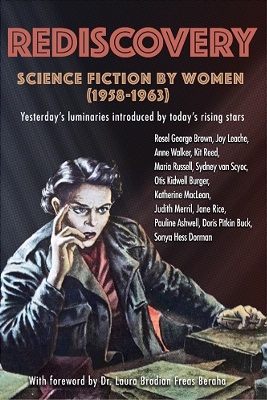








![[September 22, 1964] Fall back! (October 1964 <i>Fantasy and Science Fiction</i>)](https://galacticjourney.org/wp-content/uploads/2019/09/640922cover-672x372.jpg)




![[July 22, 1964] (August 1964 <i>Fantasy and Science Fiction</i>)](https://galacticjourney.org/wp-content/uploads/2019/07/640722cover-672x372.jpg)


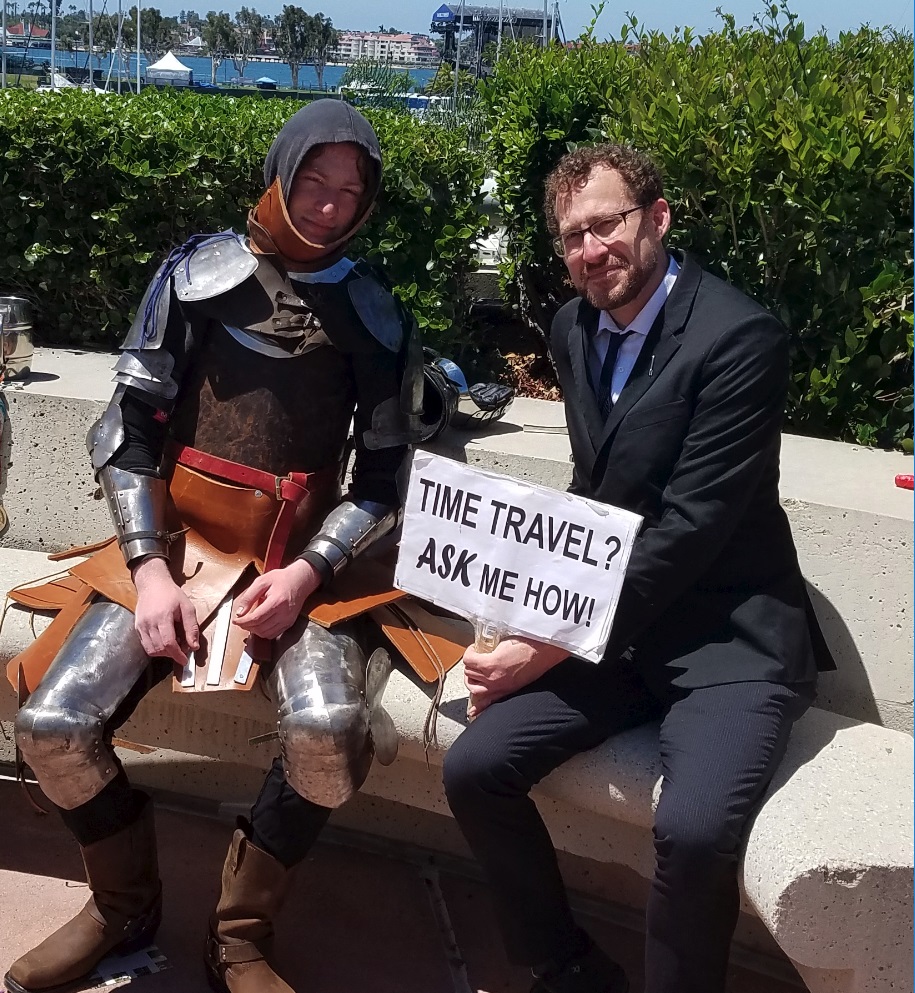



![[June 20, 1964] How low can you go? (July 1964 <i>Fantasy and Science Fiction</i>)](https://galacticjourney.org/wp-content/uploads/2019/06/640620cover-672x372.jpg)
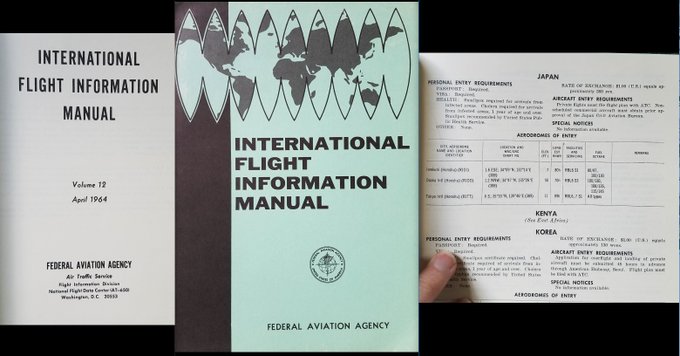







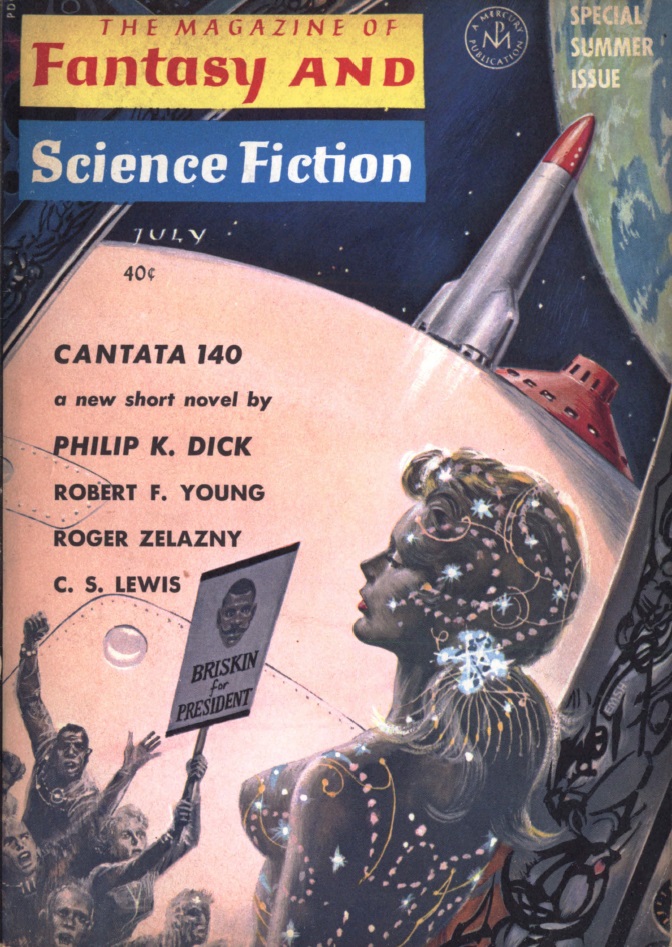
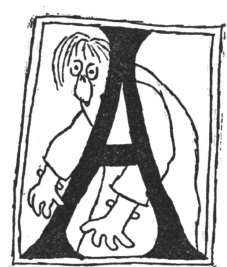
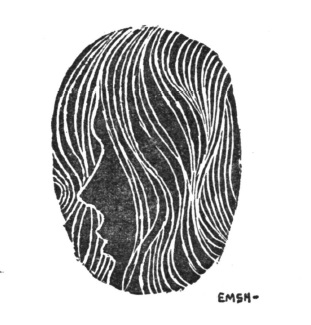



![[May 18, 1964] Aspirations (June 1964 <i>Fantasy and Science Fiction</i>)](https://galacticjourney.org/wp-content/uploads/2019/05/640518cover-672x372.jpg)


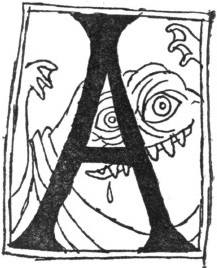 tiny piece in which we learn:
tiny piece in which we learn:
![[April 18, 1964] A firm line (the May 1964 <i>Fantasy and Science Fiction</i>)](https://galacticjourney.org/wp-content/uploads/2019/04/640418cover-1-672x372.jpg)
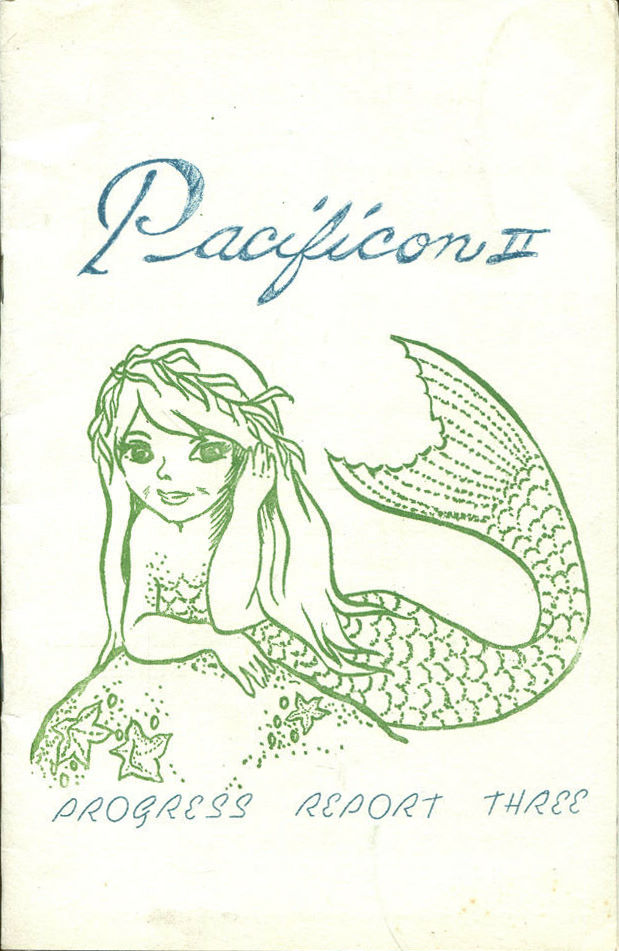



![[March 17, 1964] It's all Downhill(April 1964 <i>Fantasy and Science Fiction</i>)](https://galacticjourney.org/wp-content/uploads/2019/03/640317cover-667x372.jpg)







![[February 21, 1964] For the fans (March 1964 <i>Fantasy and Science Fiction</i>)](https://galacticjourney.org/wp-content/uploads/2019/02/640219cover-665x372.jpg)

